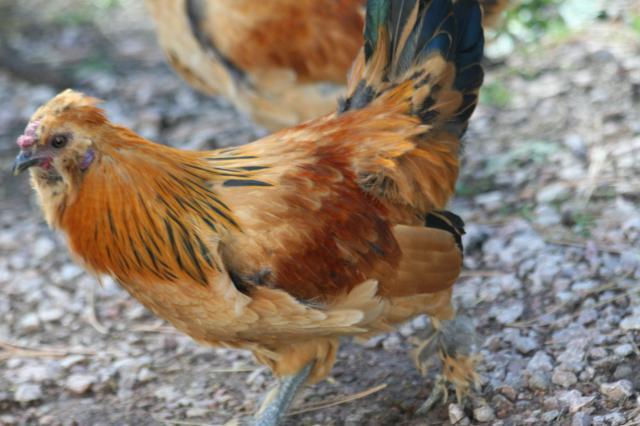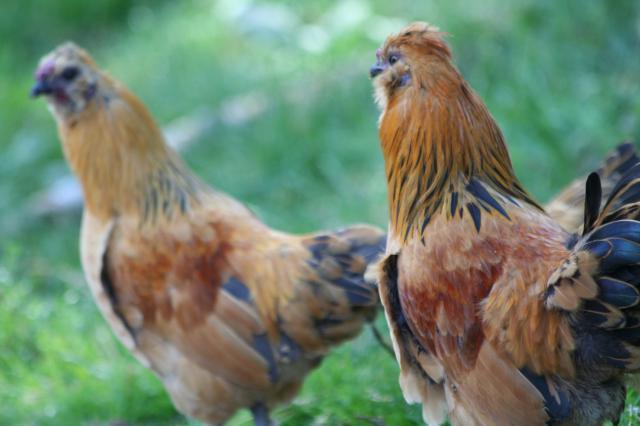- Dec 13, 2010
- 125
- 32
- 191
We're in our second year of chickens and things are going great. We started with 11 hens (hatchery chicks) and one roo we ended up re-homing when he got aggressive. 3 BO, 3RIR, 3 BR, and 2 EE (third EE was the roo). We figure to sustain the flock and average a dozen or so eggs a day we should add 4 or 5 each year (chicken math, right?). So this year we got 5 more from a hatchery, which ended up being 1 Welsummer hen, one Welsummer roo, 2 EE, and one cuckoo marans. We're thinking for next year we'd like to try getting the next batch the "natural" way, assuming we have a broody hen and our roo is still around. The only "pure" offspring we'd get would be Welsummer, and if the parents are hatchery birds, I don't know if that counts as pure anyway. But the others would all be mixes, which to me sounds fun and interesting. However, we're still new at this and wonder if there's any reason to avoid doing this? We're not trying to show or sell purebred birds or anything like that--just backyard pets and eggs, so we don't really have any "political" reason not to let them cross. I'm more curious if there's any health or genetic reason not to.
Thanks very much!
Thanks very much!







